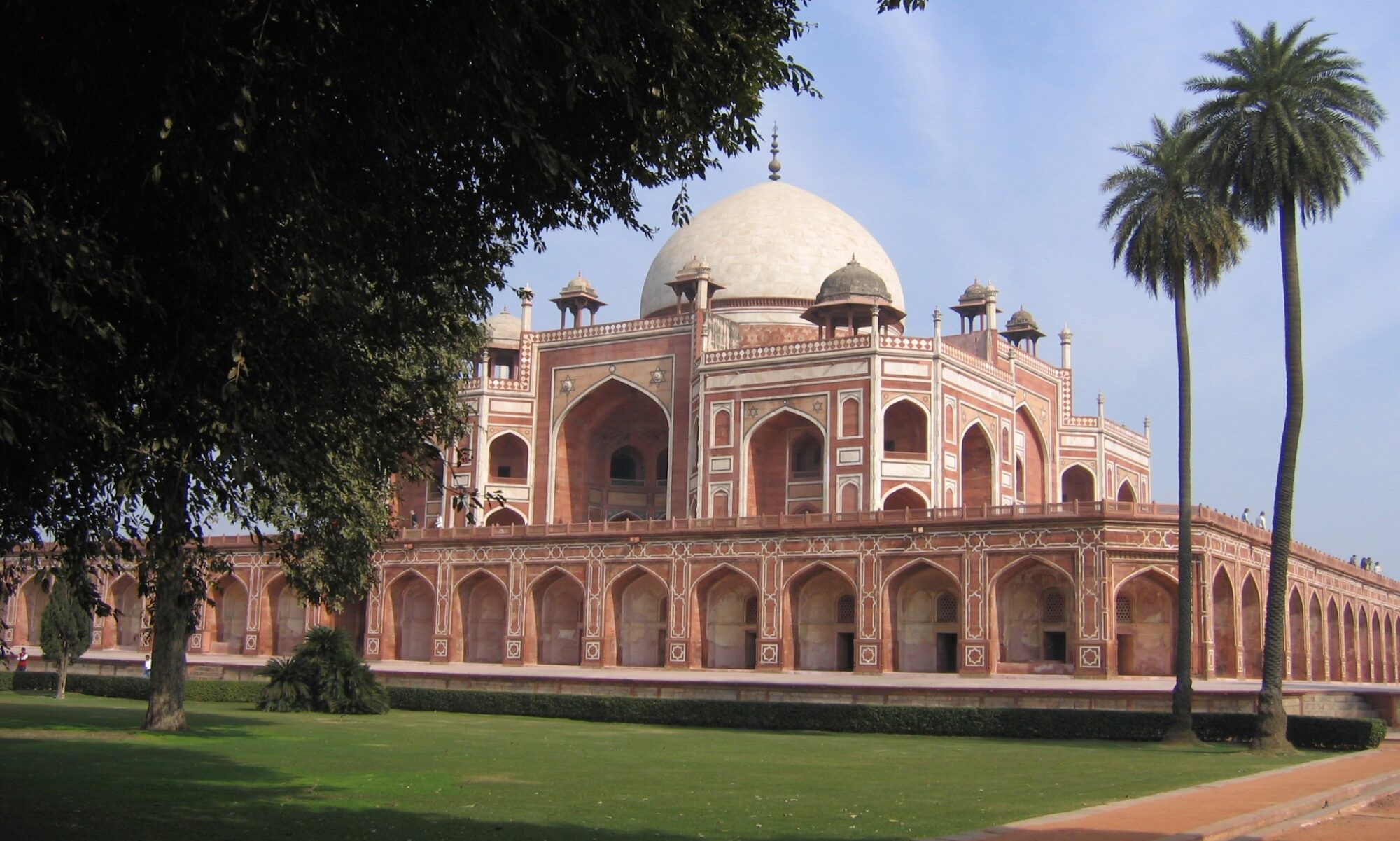
July 20, 2018: Jamsheed Marker was a diplomat’s diplomat. When he died in Karachi last month, he had been living quietly for two decades. But the outpouring of admiration on the world’s obituary pages painted the picture of a diplomat’s diplomat, who had left his mark on his country’s foreign policy and indeed on the world.
Marker was one of the “partition generation,” those who had come of age soon before India and Pakistan became independent. He had served as an officer in the Royal Navy during World War II, had worked in the family shipping business, and had achieved both renown and affection as a commentator on cricket, then as now a great passion in Pakistan.
This background made him an unusual choice to be Pakistan’s longest-serving ambassador. Moreover, Marker came from Pakistan’s Parsee (Zoroastrian) community, which has produced legions of successful business leaders but very few diplomats for this country founded as a homeland for South Asia’s Muslims.
But Marker’s appointment as Ambassador to Ghana in 1965, during the long government of Field Marshall Ayub Khan, was indeed a career change. He went on to serve for the next thirty years as chief of ten different Pakistani diplomatic missions, including Romania, France, the Soviet Union, Canada, both Germanies, and the United Nations. In each of these places he was known as a thoroughgoing professional and an elegant and ever gracious diplomat.
I knew him best during his three years as Pakistan’s Ambassador in Washington (1986-89). Everything he did had a kind of polish to it. His official portrait in the Pakistan Embassy was a stunning composition. The other pictures of former ambassadors are all standard headshots. Market was standing at the bottom of a staircase with a curved bannister. The viewer’s eye is drawn by the line of the bannister to his familiar golden smile. The photo portrait would fit comfortably in a museum. Receiving guests at home, Marker stood at the top of the staircase that started just inside the front door, beside a glass-topped table bearing pictures of his storied diplomatic career. Each guest had a moment of feeling like the most important person in the world. The meal was always excellent, and the service can only be described as a lower-key Buckingham Palace.
The episode in which I was most deeply involved was the state visit of Benazir Bhutto in June 1989. She had become prime minister a few months earlier. It was a very personal visit for her, starting with a private reception for her friends from Harvard days (full disclosure: my brother was among them) and ending with her delivering the commencement speech at Harvard a few days later.
It was an awkward time for Marker, however. He was scheduled to leave Washington at the end of June; his successor had not only been announced, but came to the US in the prime minister’s entourage. Bhutto, moreover, had a couple of good friends in the US who had worked with her during the long Zia years, and they were deeply involved in the planning for the visit. Their relations with the Pakistan Embassy were complicated. Marker had served every Pakistani government since Ayub Khan. He had never been close to the Bhuttos, but had a deep reverence for the country he served.
State visits are ordinarily a blend of down-in-the-weeds arrangements and logistics, high policy, and the oratorical flourishes that are supposed to set the tone. Watching Marker put these three streams together was like watching a legendary orchestra conductor at work. Unless you knew the backstory, there was no hint that he was dealing with a staffing arrangement calculated to drive most diplomats nuts. Same gracious smile, same elegant speeches (presumably with input from both Marker and Bhutto’s friends – I never found out how that worked), same unflappable demeanor. In the end, everyone went away happy.
Marker moved to New York to represent Pakistan at the United Nations after winding up in Washington. He then moved to St. Petersburg, Florida, for a decade. In 2005, Marker moved back to Karachi. His wife, Arnaz, was in failing health, and his own health was declining as well. In one of the last notes I received from him, he mentioned that he was attracted to Imran Khan, former cricket star and now political hopeful. He also fondly recalled his time as a cricket commentator.
While in Florida, Marker had added another line to his resume: professor. He taught a course in diplomacy at Eckerd College. I hope he shared with his students the secrets he mobilized to achieve such remarkable and widespread respect. In retirement, he let his sense of humor come out more in public. In one interview he gave in Pakistan in 2011 he quoted Henry Kissinger as having told Yahya Khan “for a military dictator, you run a lousy election.”
A few years ago, Howie and I wrote an article on another Pakistani diplomat, Sahibzada Yaqub Khan, whose death we described as “the end of an era.” This is another one. That era is just about gone now.
Teresita C. Schaffer


Nice memoir, especially the memories of the Bhutto visit. Thanks for publishing this.